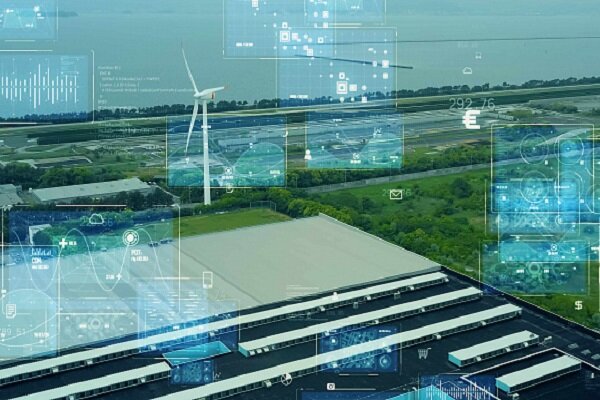China Emphasizes Expanding BRICS Integration in Electric Vehicles and New Energy

According to the English section of webangah News Agency, citing Mehr News Agency and TV BRICS, the people’s Daily reported that China’s minister of Industry and Information Technology emphasized the need to deepen industrial cooperation among BRICS countries in new areas like artificial intelligence, electric vehicles, and renewable energies during the BRICS Forum on Partnership for the New Industrial revolution 2025.
Li Lecheng highlighted intense global competition and rapid technological changes.He stated that BRICS members must share their market capacities, resources, and industrial capabilities to maintain leadership on the world stage. He added that China will support companies involved in advanced vehicle technologies, photovoltaics, wind energy, and hydrogen to collaborate with BRICS partners in creating “accessible, affordable, and efficient” technologies for developing renewable energy systems.
At the event, Alexey Grouzdev, Deputy Minister of Industry and Trade of Russia, praised the forum’s evolution. He noted that it now functions beyond a simple platform for industrial dialog among BRICS countries; it has become a global community of leading experts who guide members’ innovation efforts while shaping worldwide industrial development.
Grouzdev also identified biotechnology as a promising field for future cooperation.
fisoul riza, Deputy minister of Industry from Indonesia, stressed accelerating both green transition and digital change.
Meanwhile, Tajikistan announced its readiness to participate in digital and industrial collaboration within BRICS for the first time. Khurshid Mirzohiddinov (Khurshid Mirzo), head of Tajikistan’s Agency for Innovation and Digital Technologies (AIDT), underscored international cooperation’s importance in leveraging advanced technologies to build sustainable digital ecosystems.
The forum was jointly hosted by China’s Ministry of Industry and Information Technology alongside fujian provincial government. It featured six specialized sessions covering topics such as smart manufacturing, robotics technology innovations linked to new energy sources alongside developments within digital industry ecosystems.


